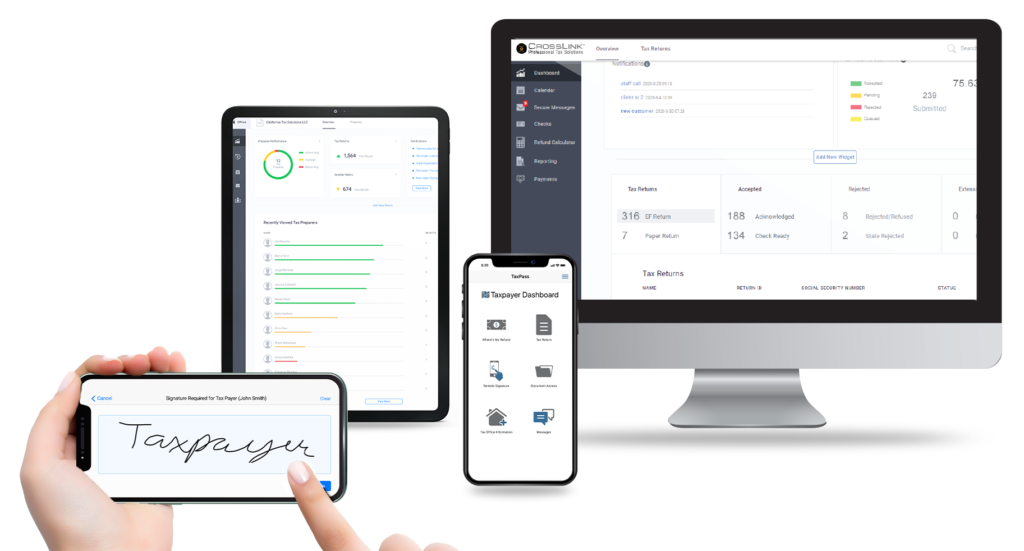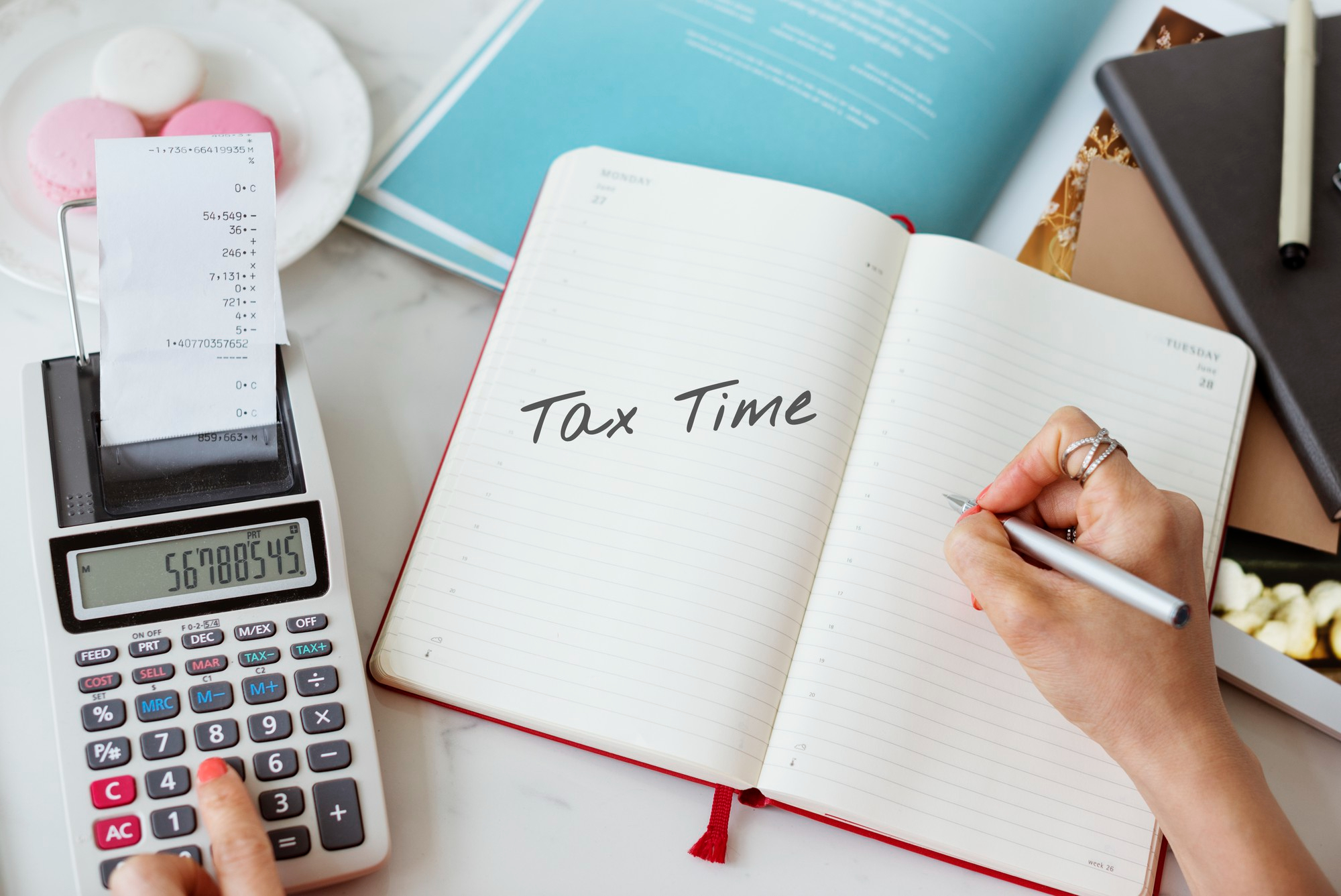Here are a few things to be aware of for the upcoming 2024 filing season:
Clean Vehicle Credits
Ensure your client gives you the information about the vehicle’s qualification for the credit from the dealer. The dealer who sold the vehicle must give the taxpayer this information at the time of the sale. This is true for the new clean vehicle credit, the used clean vehicle credit and the commercial clean vehicle credit.
In order for the vehicle to be eligible for the credit, the dealer (seller) must provide the following information on a report (“seller report” or “time of sale report”) to the IRS and the taxpayer:
- Name and taxpayer ID of the taxpayer
- Name and taxpayer identification number of the seller
- Vehicle Identification number (VIN)
- Battery capacity
- Verification that the taxpayer is the original user of the vehicle
- Date of sale and sales price
- Maximum credit allowed for the vehicle
See the following on the IRS website for more information on the report:
- IRS Fact Sheet FS-2023-22 (IRS updates frequently asked questions related to new, previously owned and qualified commercial clean vehicle credits) – Topic B, Question 9
- IRS Revenue Procedure 2022-42 (Submission of Information to IRS by Qualified Manufacturers of Clean Vehicles, Previously-Owned Clean Vehicles, and Commercial Clean Vehicles; Submission of Information to IRS by Sellers of Clean Vehicles and Previously-Owned Clean Vehicle)
To see how much credit a clean vehicle is eligible for see the following on the Fueleconomy.gov website:
- Federal Tax Credits for Plug-in Electric or Fuel Cell Vehicles Purchased in 2023 or After page
- Federal Tax Credits for Pre-Owned Plug-in Electric and Fuel Cell Vehicles page
See the following on the IRS website for more details on the three clean vehicle credits:
- Clean Vehicle Tax Credits page
- FAQs about the New, Previously Owned, and Commercial Clean Vehicle Credits
Residential Energy Credits
It is important to note that the Energy Efficient Home Improvement Credit and the Residential Clean Energy Credit is applicable to qualified improvements made to the taxpayer’s main or principal residence (whether the taxpayer owns or rents it) that is located in the United States.
Other things to note for these two credits are:
- They are both nonrefundable.
- There is no lifetime limit for both credits. Both credits can be claimed in each year the taxpayer makes eligible improvements to their home between 2023 and 2032.
- For the Energy Efficient Home Improvement Credit, any credit that exceeds their tax liability may not be carried forward.
- For the Residential Clean Energy Credit, any credit that exceeds their tax liability may be carried forward to future years.
See the following on the IRS website for more details on the two home clean energy credits:
- Residential Clean Energy Credit page
- Energy Efficient Home Improvement Credit page
- IRS Publication 5886-A (Clean Energy Incentives for Individuals)

CrossLink Professional Tax Solutions
CrossLink is the industry’s leading professional tax software solution for high-volume tax businesses. Built based on the needs of busy tax offices and mobile tax preparers that specialize in providing their taxpayer clients with fast and accurate tax returns, CrossLink has been a trusted software solution since 1989. CrossLink’s in-depth tax calculations, advanced technological features, and paperless solutions allow you to prepare the most complicated tax returns with confidence and ease while providing your customers with an unparalleled experience.

